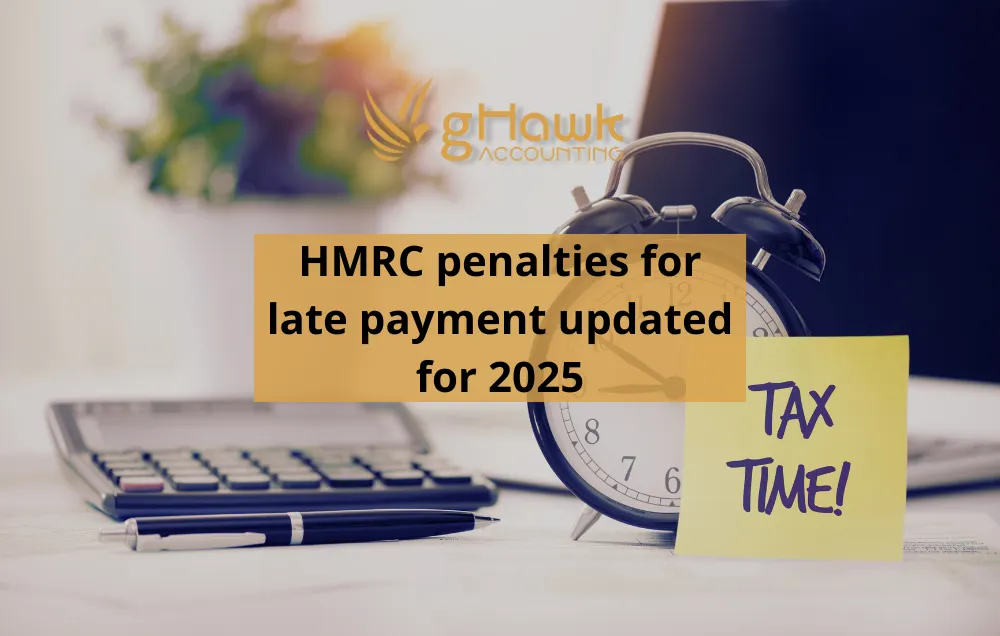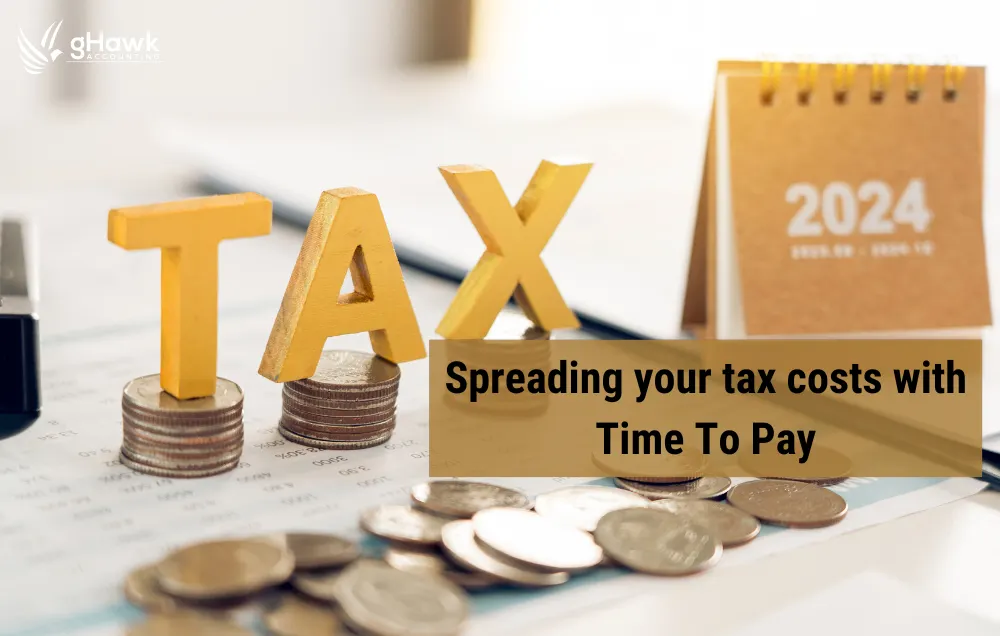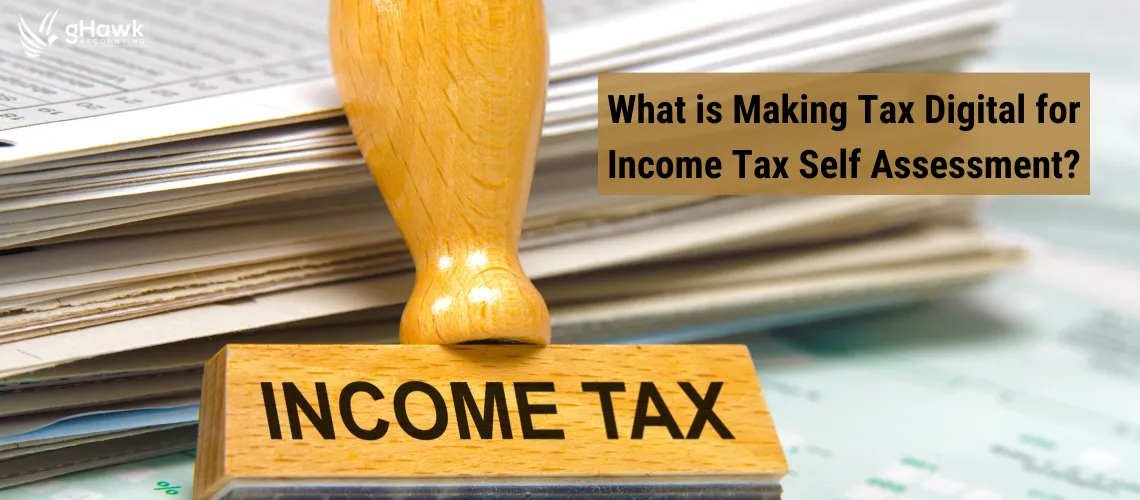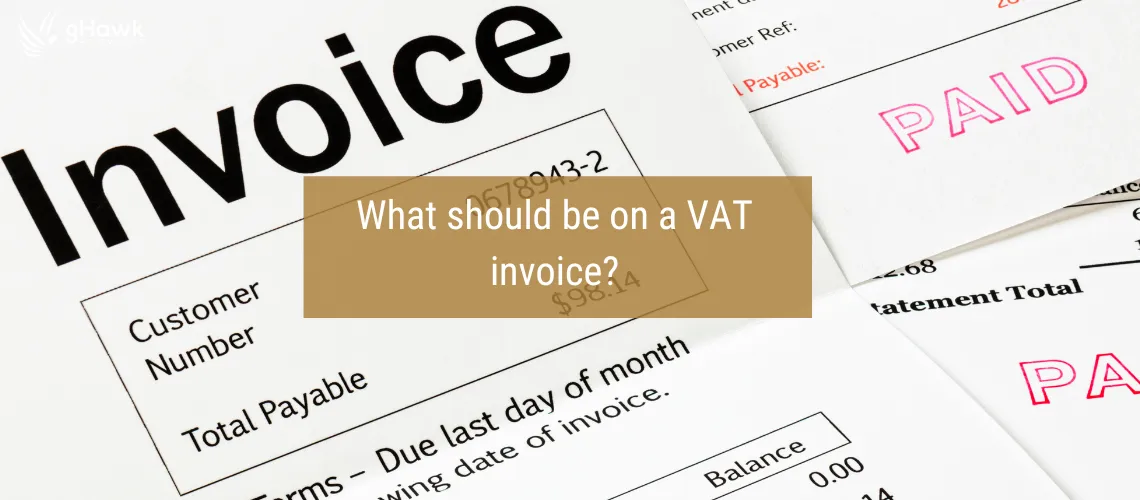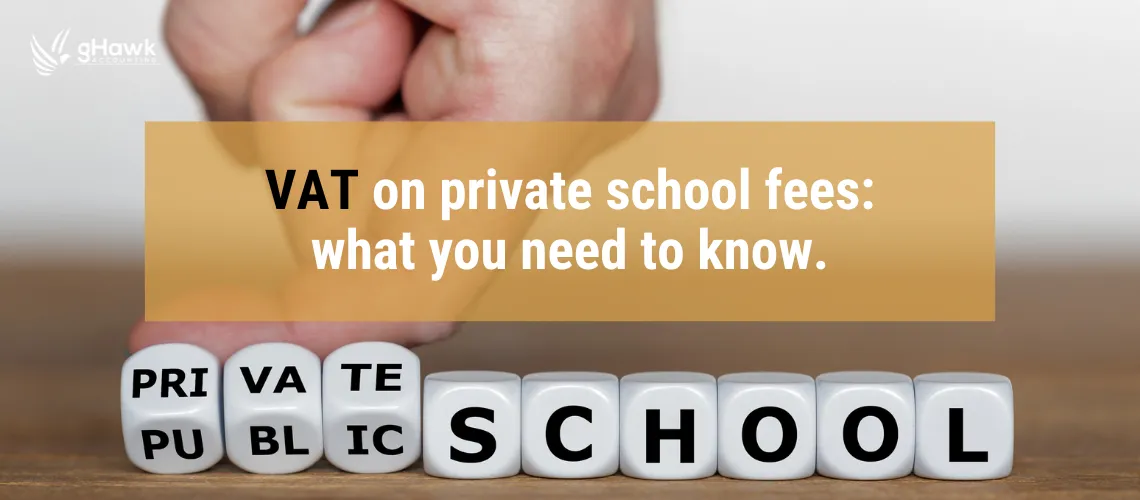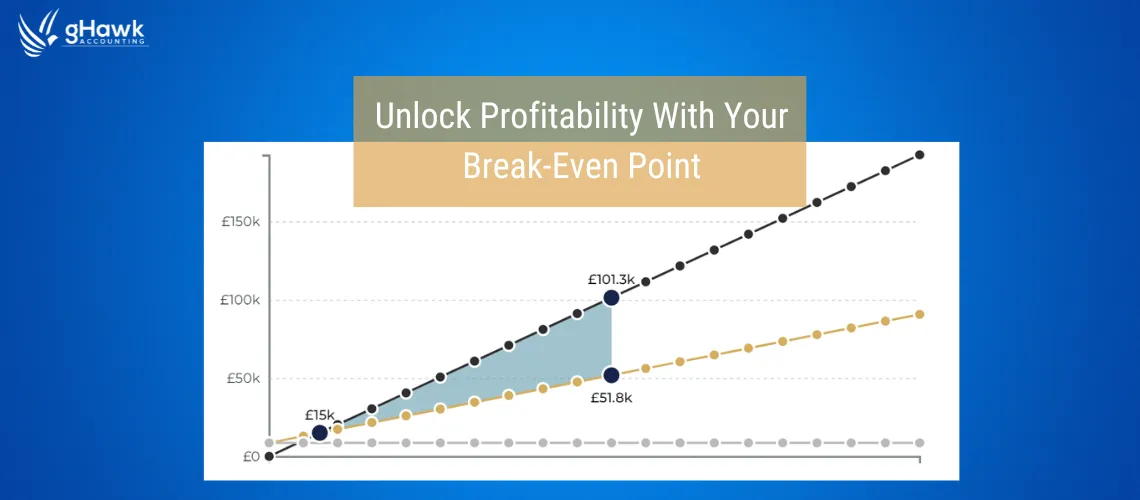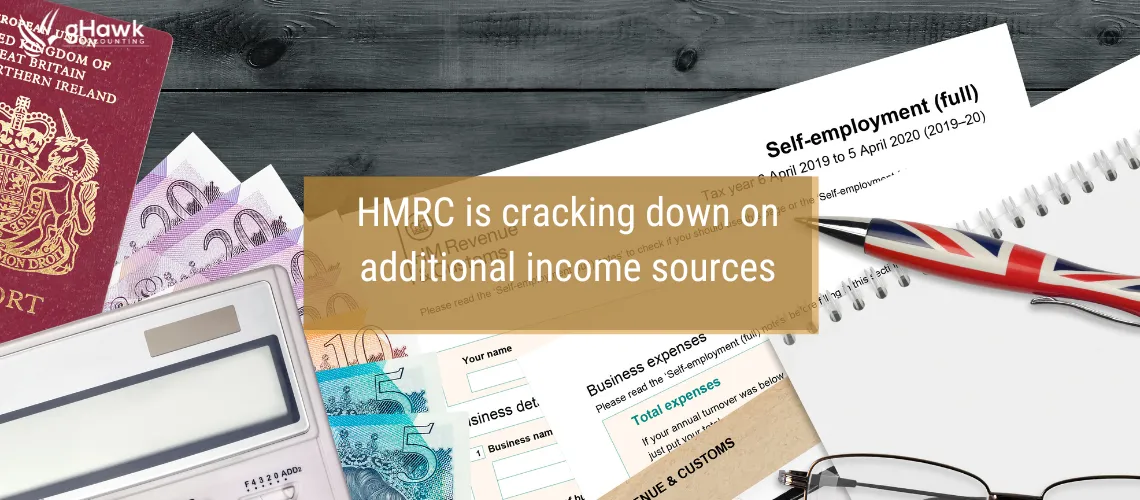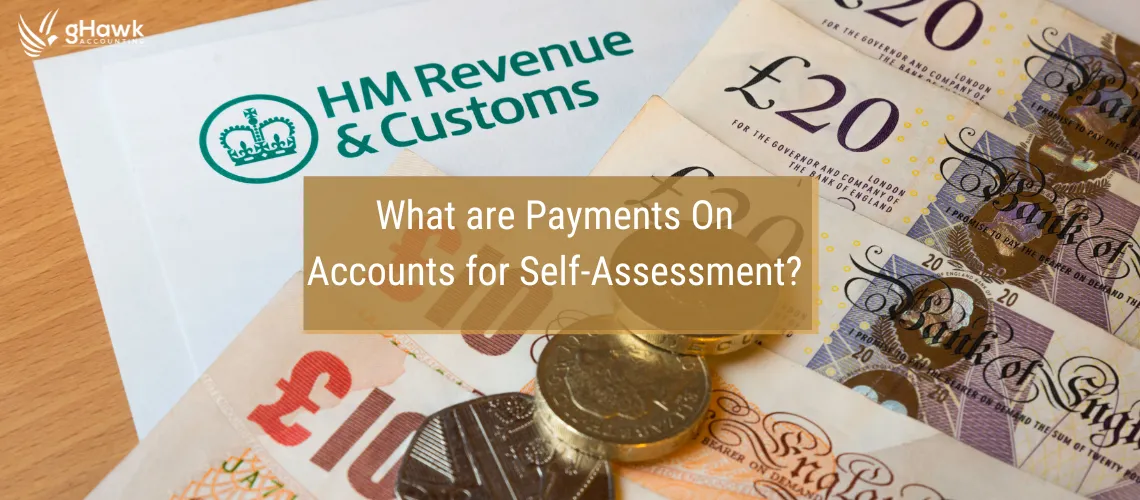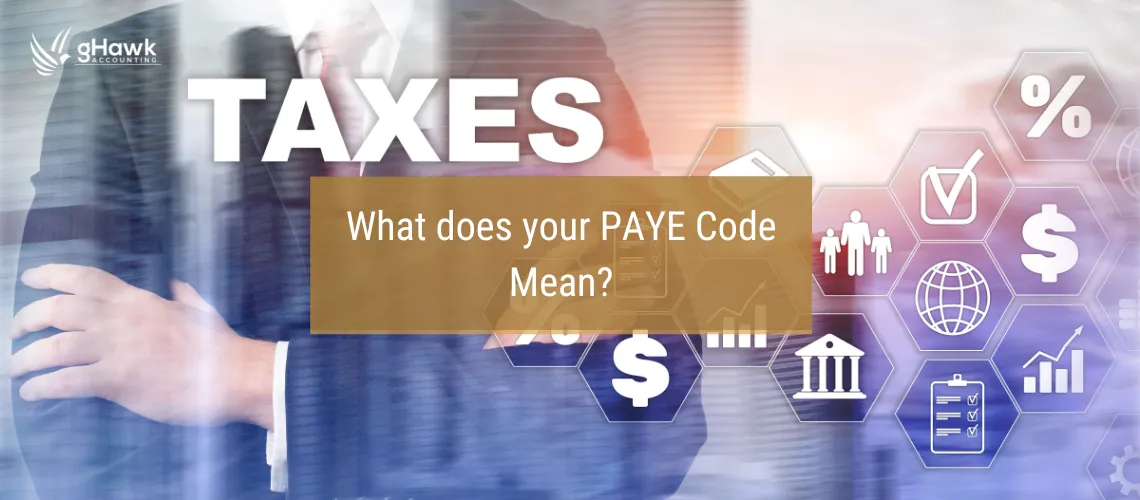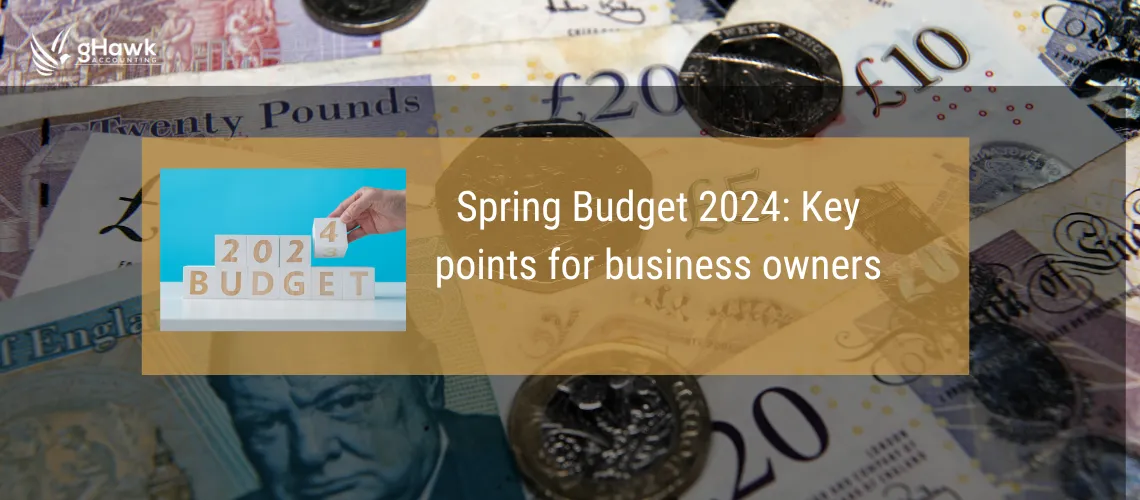Your Q2 2023 deadlines for the diary
As ever, we want to keep you on the ball with the latest dates and deadlines for your business diary. Get your online calendar fired up and highlight some of the upcoming deadlines and cut-off points for Q2 of 2023.

NOTE: If your company’s accounting period is longer than 12 months, the first tax payment deadline is normally 21 months and 1 day after your accounting period started, and the second one is 9 months and 1 day after your accounting period ends.
For example, a company with an accounting period running from 01/06/2021 to 30/09/2022 will pay the first tranche of corporation tax by 01/03/2023 and the balance by 01/07/2023
If your profits are more than £1.5 million, then tax is payable quarterly with two payments before the end of your accounting period and two after. The first payment is normally six months and 13 days after the start of the period, with the others three-monthly from that point.
Some general deadlines to plan for:
- End of personal/payroll tax year: 5 April 2023, but practically speaking, for monthly payrolls the last one processed in the tax year is to 31 March 2023
- Provide P60 to employees (for 2022/23 tax year): 31 May 2023
- Enterprise Management Incentives Scheme notice of options granted: within 92 days of grant
- Make Capital Gains Tax payment for gains on residential property: 60 days after completion
- PAYE and National Insurance Payments due: 19th calendar day of the month after end of month or quarter as applicable (22nd for electronic payments)
- File P35 (Employer Annual Return) and P14: 19 May 2023
Talk to us about hitting your deadlines
If we’re doing your payroll processing and tax returns etc., we’ll be monitoring your dates automatically – but don’t forget that you remain legally responsible for meeting all deadlines.
Keep an eye on all the upcoming deadlines and check the upcoming dates for all relevant activities. Pay particular attention to those where we don't carry out the task for you. Missing a compliance deadline can result in fines and penalties, so it’s good practice to keep everything well-organised and on time.

